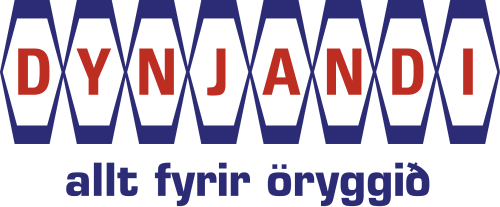According to the first paragraph. Article 48 Act no. 46/1980 on working conditions and hygiene and safety at work, it is not permitted to sell and use personal protective equipment unless it bears the CE marking. In addition, personal protective equipment must comply with the relevant EN (European norm) standard.
The CE marking confirms that the product meets the basic health and safety requirements according to rules no. 501/1994 on the design of personal protective equipment, however, it should be noted that the CE marking is in no way a seal of quality beyond what is mentioned in the rules.
In order for the product to be CE marked, it must meet the requirements for comparable products, the so-called EN standard. The EN standard specifies the tests that must be performed on the product before it can be certified. This ensures that all personal protective equipment in the same category is tested according to the same specification. All safety helmets to be sold in countries that are members of the European Economic Area are therefore tested in exactly the same way by an organization that has been authorized to do so.
This is to ensure that the user does not have to worry about whether the product is actually safe or not.
You can read more about the CE mark and the rules that apply to it on the Occupational Safety and Health Administration's website www.ver.is
Dynjandi only offers personal protective equipment that has been approved as well as coming from a reliable manufacturer. Personal protective equipment is intended to protect the user from illness, accidents and even death, so the risk of offering a cheaper or inferior product is never worth it.


